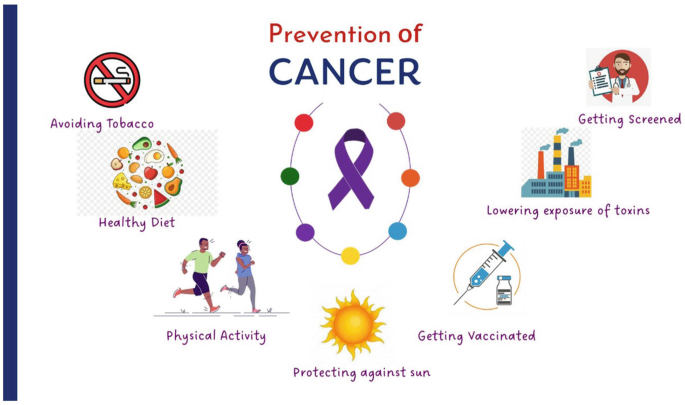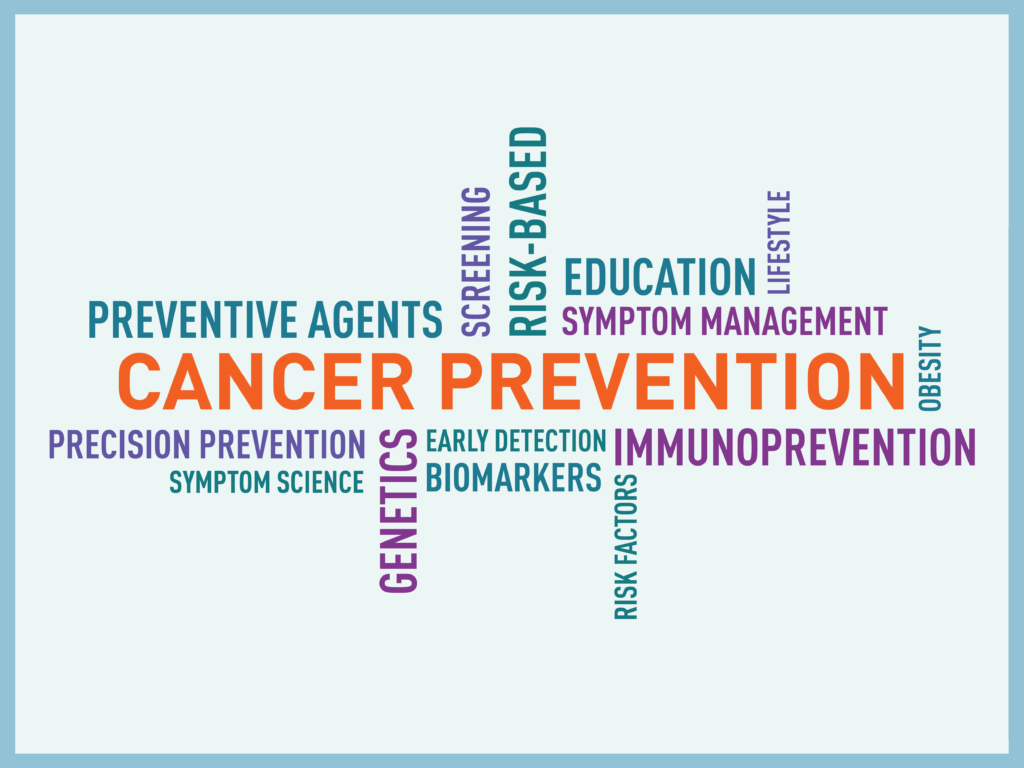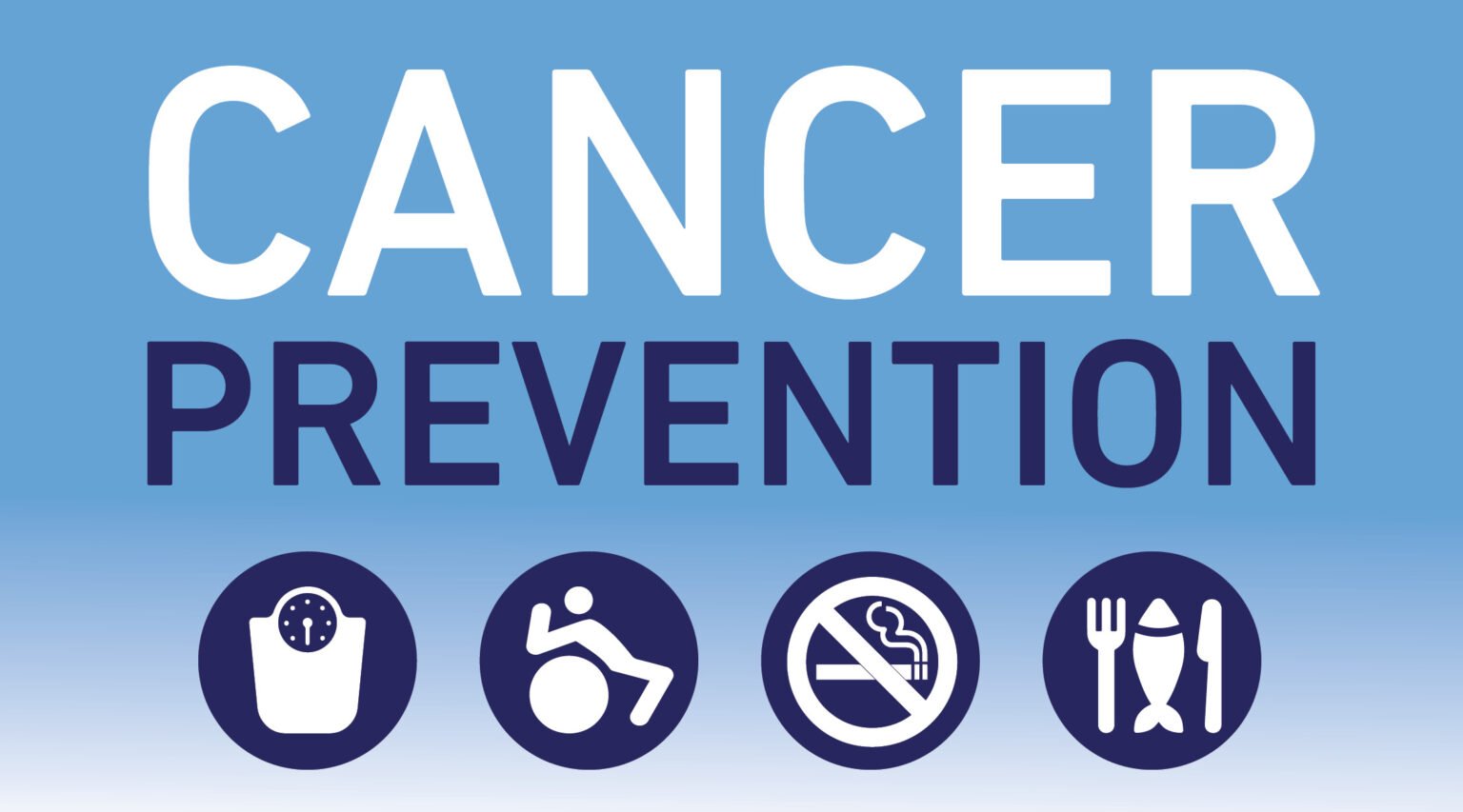Why a Strong Cancer Prevention Policy is Urgent
Cancer is no longer just a medical issue—it’s a global health crisis. According to projections, annual cancer cases are expected to soar from 20 million in 2022 to a staggering 35 million by 2050. The World Cancer Research Fund International (WCRFI) emphasizes that nearly 40% of these cases are preventable. Implementing a bold and comprehensive cancer prevention policy could save millions of lives and reduce massive economic strain on healthcare systems.
Despite overwhelming scientific evidence, many countries are lagging in adopting effective prevention strategies. Policymakers often rely on public information campaigns or voluntary measures instead of enacting impactful structural changes. The time has come to transform scientific knowledge into legislative action.
The Role of Lifestyle in Cancer Prevention
WCRFI has led pioneering research through its Global Cancer Update Programme (CUP Global), analyzing how diet, weight, and physical activity affect cancer risk and survival. These studies form the foundation for their Cancer Prevention Recommendations, which highlight specific behaviors that reduce cancer risk:

- Eating a balanced, nutrient-rich diet
- Maintaining a healthy weight
- Engaging in regular physical activity
- Limiting alcohol intake
- Avoiding tobacco use
Adhering to these practices not only lowers cancer risk but also decreases the chances of other non-communicable diseases (NCDs) such as heart disease and diabetes. A well-designed cancer prevention policy must incorporate these lifestyle factors as core pillars.
The Cost of Inaction: Economic and Human Impact
The rising incidence of cancer is not just a health issue—it’s an economic one. Unhealthy weight alone is projected to cost the global economy over $4 trillion annually by 2035. Obesity is also expected to overtake smoking as the top preventable cause of cancer.
A comprehensive cancer prevention policy can reduce these costs significantly. By investing in preventive healthcare, nations can reduce treatment burdens, increase productivity, and enhance quality of life. Despite this, political inertia and industry resistance have hampered progress.
Addressing Policy Barriers and Industry Influence
One of the biggest obstacles to implementing cancer prevention policies is the influence of powerful industries, particularly those involved in processed food, alcohol, and tobacco. These industries often lobby against mandatory labeling, advertising restrictions, and other measures that could reduce consumption of harmful products.
Governments must resist this pressure and adopt evidence-based policies. For example:
- Taxes on sugary drinks and ultra-processed foods
- Bans on junk food marketing to children
- Clear front-of-package nutrition labeling
- Built environments that encourage physical activity
Without these steps, individual efforts will be limited in effect. A strong cancer prevention policy must support citizens by making the healthy choice the easy choice.
WCRFI’s Policy Blueprint for Cancer Prevention
To bridge the gap between science and policy, WCRFI launched a groundbreaking Policy Blueprint for Cancer Prevention. This document integrates two major frameworks:

- NOURISHING – Policies to improve diets and nutrition
- MOVING – Policies to increase physical activity
The Blueprint includes ten focused policy factsheets aligned with the organization’s Cancer Prevention Recommendations. These provide practical, step-by-step guidance for governments and NGOs on implementing impactful changes, including:
- Limiting marketing of unhealthy products
- Promoting breastfeeding
- Enhancing urban planning to encourage walking and exercise
- Supporting healthy school meals and food procurement
This comprehensive strategy helps turn proven preventive measures into enforceable policies at national and regional levels.
Making Science Accessible and Actionable
One of WCRFI’s core missions is to make scientific research accessible for decision-makers. The CUP Global program continues to assess new factors in cancer development, including:
- Ultra-processed foods
- Sugary beverages
- Artificial sweeteners
- Sedentary behavior
These emerging areas of research are vital for updating the cancer prevention policy to stay current with evolving health risks. WCRFI’s Regular Grant Programme and INSPIRE Research Challenge are investing in groundbreaking studies that will shape future recommendations.
Tailoring Prevention to National Contexts
Every country faces unique cultural, economic, and political challenges in implementing cancer prevention strategies. That’s why the Policy Blueprint is designed to be adaptable. WCRFI works directly with governments to customize policies for local needs while maintaining alignment with global best practices.

National Cancer Control Plans should prioritize preventive strategies alongside treatment infrastructure. Early investments in prevention yield long-term savings and healthier populations.
Toward a Global Movement for Cancer Prevention
The upcoming 2025 UN High-Level Meeting on Non-Communicable Diseases presents an opportunity to elevate cancer prevention on the global health agenda. WCRFI is advocating for a strong international declaration that places cancer prevention policy at the heart of NCD strategies.
Key demands include:
- Increased funding for preventive research
- Stronger international cooperation
- Inclusion of prevention in universal healthcare coverage
- Monitoring and accountability systems for policy implementation
The Broader Impact of Cancer Prevention Policies
Effective cancer prevention policies offer co-benefits beyond reducing cancer risk. These include:
- Combating obesity and type 2 diabetes
- Supporting children’s right to healthy development
- Mitigating climate change through sustainable food systems
- Strengthening equity and social justice in healthcare
Cancer prevention is not a siloed issue—it’s a gateway to achieving broader public health and sustainable development goals.
Prevention Is the Only Sustainable Path
The rising global cancer burden threatens to overwhelm healthcare systems and devastate communities. Prevention is not just an option—it’s the only sustainable path forward. A bold and integrated cancer prevention policy, based on science and free from industry interference, can transform lives.
WCRFI’s Policy Blueprint provides the roadmap. Now, governments, civil society, and global institutions must take the wheel. The time for passive awareness is over. It’s time for decisive action that puts prevention at the center of health policy.




